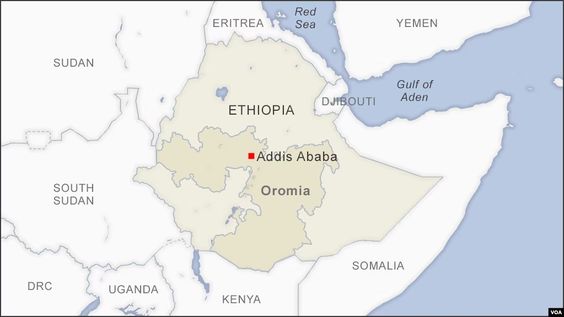Africa
Oromo Rebels from Ethiopia currently in Tanzania for talks aimed at achieving peace

In an attempt to put an end to decades of fighting, rebels from Ethiopia’s Oromiya area said on Monday that they were in Tanzania for a second round of negotiations with the Ethiopian government.
More than half a year has passed since the Oromo Liberation Army (OLA) and Ethiopia’s government failed to reach a consensus during their initial round of talks.
In Ethiopia’s most populated area, the war has resulted in tens of thousands of displaced people and hundreds of deaths in recent years.
The OLA stated in its statement, “We remain committed to finding a peaceful political settlement.”
In order to ensure that its delegation could travel safely from what it dubbed the front lines in Oromiya to the site, the OLA said it had postponed publicising the agreements.
The negotiations, which are being mediated by the regional Africa organisation IGAD, began last week in Tanzania’s commercial hub of Dar es Salaam, according to an official close to the mediators who spoke on condition of anonymity.
A request for response was not immediately answered by the Ethiopian authorities.
READ ALSO: Conflict Kills Dozens in Ethiopia’s Amhara Region – Rights Group
The Oromo Liberation Front (OLA) is an opposition party that was formerly banned and went into exile. It was resurrected after Prime Minister Abiy Ahmed, an Oromo, gained power in 2018.
Surrounding Ethiopia’s capital, Addis Ababa, lies Oromiya, where over one-third of the 110 million inhabitants live, including the country’s biggest ethnic Oromo population.
The negotiations are taking place as hostilities flare up on another front in Ethiopia. Last week, there was violence in the ancient holy city of Lalibela between the army and the Fano paramilitary group, according to locals who spoke to Reuters. The region was deemed peaceful by the authorities.
The part-time militia in the northern Amhara area has been fighting the army since late July, and although Fano lacks a formal command structure, this is the biggest security threat facing Abiy since a battle ended in the northern Tigray region a year ago.
Reuters
